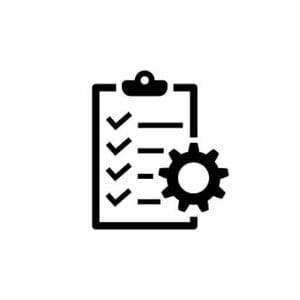Have you named an executor of your estate yet? If not, this is an important role that you need to appoint in your formal estate planning documents. This enables another party to step in and take care of the management and closing out of your formal estate after you pass away.
This is known as probate administration. One of the first and most important steps undertaken by the executor is to gather the inventory of all of your assets. This will help determine the ability to pay down debts on your estate, taxes on your estate and distribute the remaining assets to your beneficiaries.
Assets included in a typical inventory are furniture, real estate, stocks, mutual funds, cars, jewelry and more. All significant and relevant assets should be listed together in one document or spreadsheet. debts should also be organized at this time. This can include credit card bills, car loans and mortgages. Identification of debts can take some time in the handling of probate administration.
It can take a while for an executor to dig through all of the different documentation and materials to determine what a person truly owns and their debts. Furthermore, it can be challenging for an executor to identify all of the relevant creditor information quickly. Typically, this requires posting a notice in relevant newspapers so that other creditors have an opportunity to come forward. For more information about the role that an executor plays in closing out your estate, schedule a consultation with an attorney in Pasadena.










